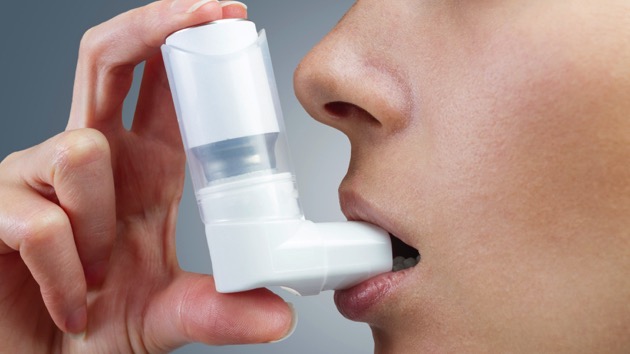By JOHN VAN KLAVEREN
GEELONG hospital is bracing for an influx of children’s asthma admissions as winter viruses attack.
The hospital’s director of paediatrics, Dr Dave Fuller, said winter viruses acted as a trigger for asthma sufferers, with a spike in hospitalisation for severe cases.
He said severe symptoms had already hospitalised 75 children in April and May after an early onset of viruses this season.
June last year had 44 admissions and Dr Fuller expected a similar spike this month.
“With children there’s always an increase in asthma presentations each winter because a lot of asthma is precipitated by viral infections,” he said.
“Respiratory viral infection is the most common trigger of asthma symptoms requiring hospitalisation. There’s evidence of this being so for adults as well, although in smaller proportions.”
Geelong hospital had 349 paediatric admissions for asthma attacks in the last 12 months.
Dr Fuller said even some sufferers held the common perception that asthma was not so serious.
“It can be life threatening and there are times when attacks are so severe people need hospitalisation.
“People with poorly controlled asthma are more likely to have a severe flare up of symptoms if they get a viral infection.”
Dr Fuller said asthma sufferers could take a number of precautions to lessen the likelihood of a severe attack.
He recommended a flu vaccination each winter and to visit a GP to put an asthma plan in place.
“Parents should always have a plan of what to do if asthma symptoms worsen,” Dr Fuller said.
“Anxiety is also more common in people with asthma which can then feed into the symptoms.
“Asthma is one of the few conditions where there is a clear interaction between mental and physical health. Emotional upset can trigger asthma symptoms.”
Dr Fuller said airway irritants such as cigarette smoke could also trigger symptoms, so reducing smoke exposure was important to managing the condition.
The National Asthma Council also warned people with asthma to be extra vigilant this winter, particularly adults over 65 years.
The council’s Dr Kerry Hancock said higher death rates were reported among older people with asthma admitted to hospital in winter.
She said the risk of death due to asthma was higher in May and late winter for people aged 35 to 64.
Australia has one of the highest prevalence rates of asthma in the world, with the condition impacting 1 in 10 people, or over two million Australians.
“People with asthma need to ensure that they take their prescribed preventer medicine and follow their written asthma action plan,” Dr Hancock said.









